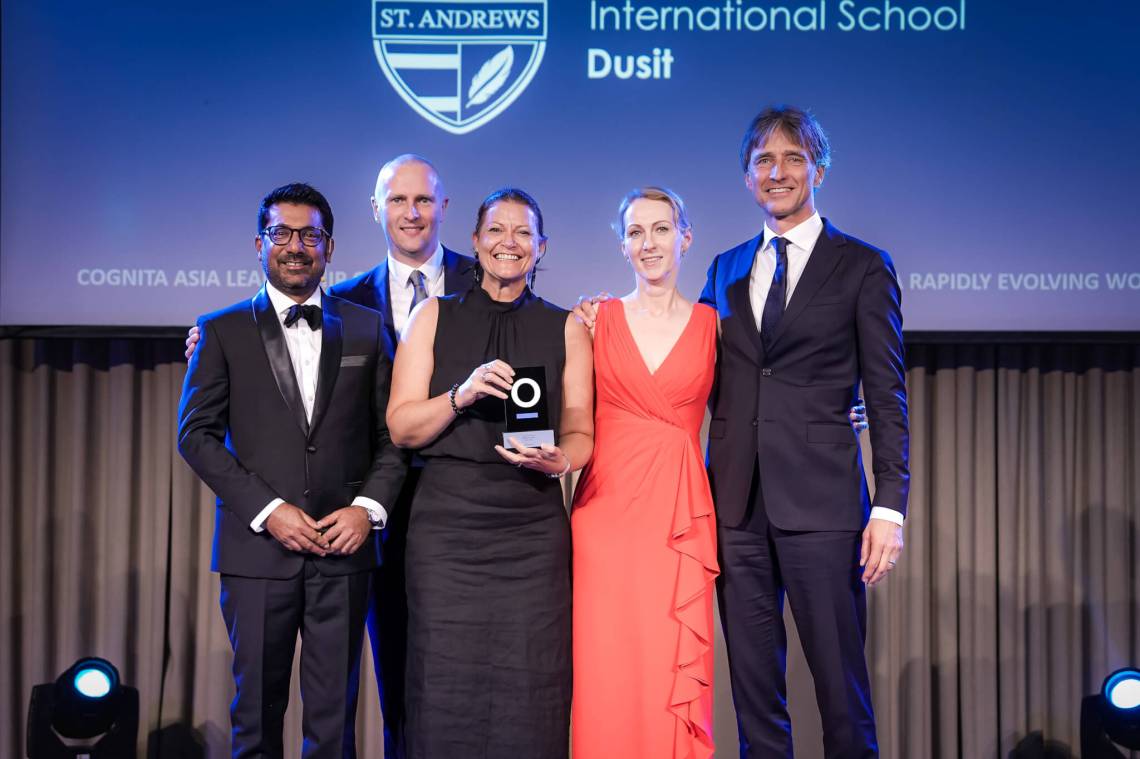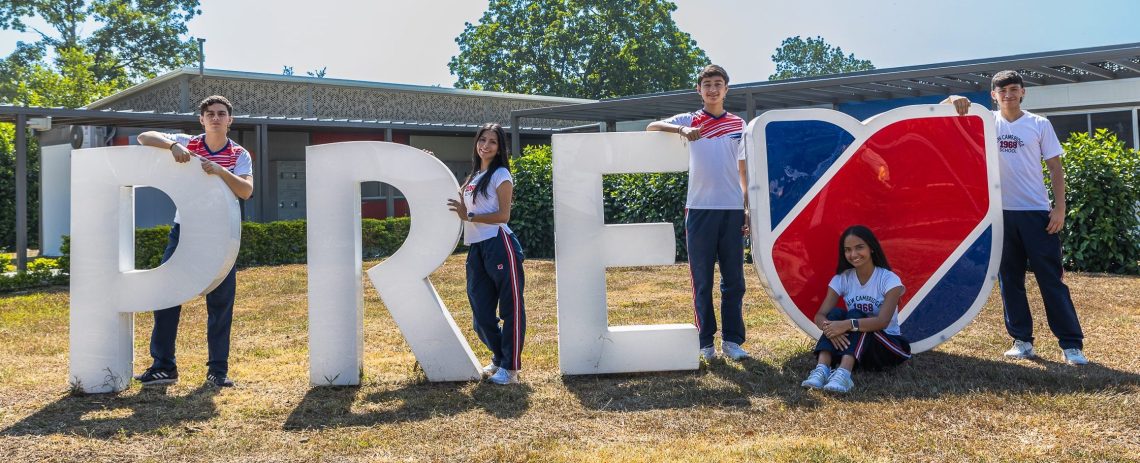
5 June 2024
In an era dominated by discussions about the impact of artificial intelligence, the conversation often splits into extreme views: AI as a saviour or as a threat....

23 May 2024
We proudly introduce this month’s School Spotlight; Mirasur School in Spain. Our School Spotlight series showcases what makes our global community so special, highlighting the individual strengths...

17 May 2024
As part of our commitment to sustainability, we have recently published our inaugural Sustainability Report for 2023. Jamie Delaney, our Head of ESG (Environmental, Social, Governance) and...

13 May 2024
Navigating a stressful exam period can be challenging for students, but with the right support, they can thrive. Whether you’re a parent, teacher, or mentor, your guidance...

10 May 2024
As part of our focus on Leadership within Cognita, over 100 school and operational leaders convened in Bangkok, Thailand last week for our Asia Leadership Conference 2024....

24 April 2024
We proudly introduce this month’s School Spotlight; Horizon International School in Dubai. Our School Spotlight series showcases what makes our global community so special, shining a light...

23 April 2024
In a recent initiative aimed at fostering global perspectives and personal development, forty students from Cognita Chile embarked on a comprehensive five-week exchange programme in the United...

10 April 2024
We are thrilled to announce that our schools in Spain have once again been acknowledged as some of the top schools in esteemed rankings including MiCole, El...

20 March 2024
Our School Spotlight series showcases what makes our global community so special, shining a light on the individual strengths of our exceptional learning environments and understanding the...
Our School Spotlight series showcases what makes our global community so special, shining a light on the individual strengths of our exceptional learning environments and understanding the benefits of being part of our wider community. We proudly introduce this month’s School Spotlight; New Cambridge School in Colombia.
Our history began in 1968, in the heart of Bucaramanga, a city located in the centre of Colombia, under the name of Colegio Santo Tomás, which remained for 24 years until it evolved into New Cambridge School.
For five and a half decades we have led the region and the country in high-quality education; and in the last seven years, we have managed to position ourselves in the top three places in the Saber 11 tests, the Colombian High School State Examination, among more than 25,000 schools in the country.
We are an actively engaged community: from our students, who participate diligently in their learning process and distinguish themselves by their high level of agency, to our staff, who are helpful, empathetic, warm and caring.
We know firsthand that excellence is forged in integrity, therefore, the commitment of each member of the school makes it possible for our students to live a complete school experience, in which not only the academic area is important, but also each of the aspects involved in education.
Most recently, we have proudly opened our new Pre-U Campus for 10-12th grade students. This innovative initiative has the main purpose of closing the gap between secondary and university education, effectively preparing young people to face the work and professional challenges of the future. We have created personalised spaces to address social issues, entrepreneurship and self-regulation that are not necessarily covered in traditional subjects. We have transformed the library into a coworking space to encourage research and skills presentation. This space includes a cafe with special pastries and international food to promote new sensations and prepare students for international experiences of high personal value.
Belonging to a global network like Cognita opens the doors to the world for our school; both students and staff have the opportunity to learn from our peers, in any of the five regions, generating synergies, academic and/or cultural exchanges, and learning from their good practices. Our community can enrich their school and/or work experience thanks to the support of a network with a long history, opportunities for growth and a focus on quality, diversity and mutual support.
A snapshot of our school community:








